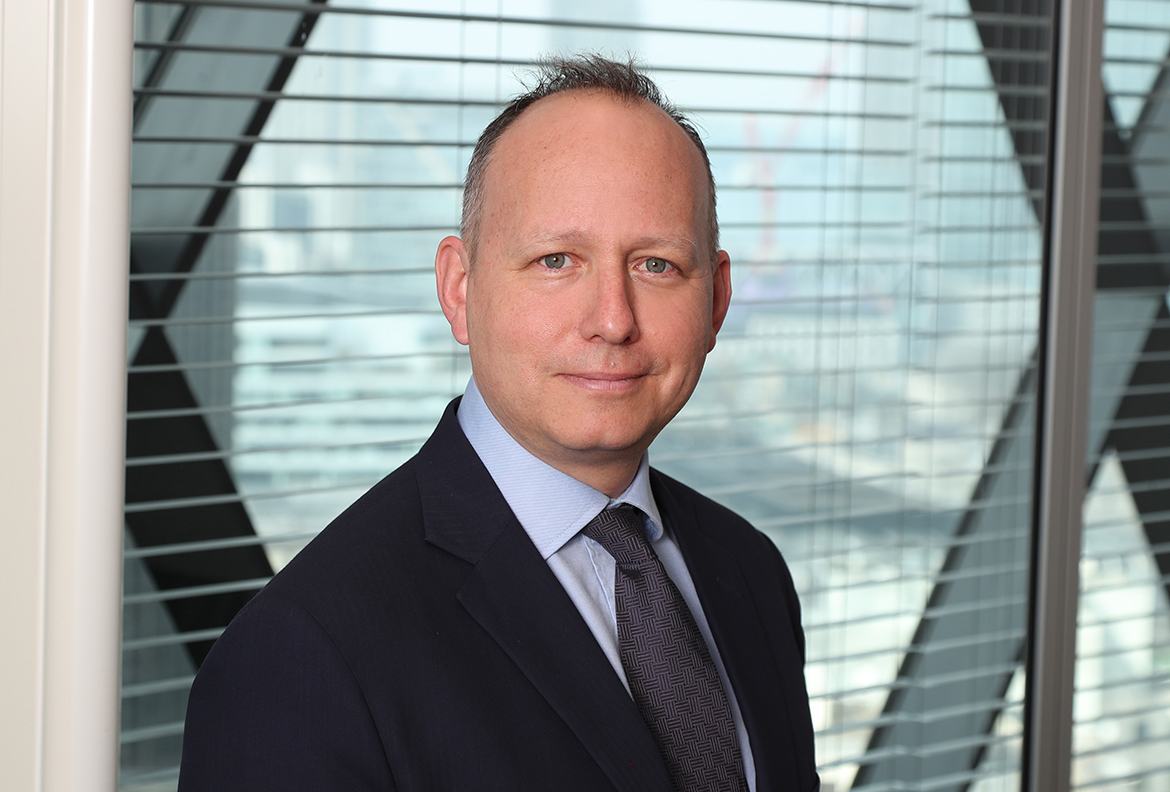12 December 2024

Energy and project finance team joins in London
Hunton Andrews Kurth LLP continues to expand in London with the addition of nearly a dozen highly regarded energy and project finance lawyers.
Partners Charles Morrison, Dimitri Papaefstratiou (pictured), Simon Collier, Harry Brunt, counsel Joseph Lam, and consultant Grant Henderson, along with five associates, have joined the firm from Ernst & Young’s legal services arm, EY Law. The team focuses on transactions in various energy sectors, such as oil and gas, renewable and thermal power, as well as emerging technologies of carbon capture, hydrogen and energy storage.
'The addition of these distinguished lawyers underscores our commitment to maintaining our position as a leading adviser to the global energy industry,' said Hunton Andrews Kurth Managing Partner Sam Danon. 'The team aligns well with our international growth strategy, which is focused on ensuring that we’ve achieved critical mass in key practices, in core industry focus areas and in geographies where client demand is strong.'
'Energy sector activity remains incredibly robust, driven by the need for renewable and alternative solutions in support of the energy transition as well as the need for infrastructure and traditional resource development in emerging and mature economies,” added Jeff Schroeder, head of Hunton Andrews Kurth’s energy and infrastructure team. “We are particularly excited about the team’s capabilities to grow the pipeline of complex, cross-border energy projects and adding depth to our global energy practice.'
In support of its international growth strategy, since August 2023, Hunton Andrews Kurth has added more than two dozen lawyers to its London office. Most recently, finance Partners Alan Cunningham and Richard Skipper joined the firm from EY Law. In September, the firm added project finance Partners Ayesha Waheed and Seyfi Can Kandemir. Last year, Hunton Andrews Kurth welcomed to London corporate energy Partner Philip Mace and energy and infrastructure disputes Partners Maurice Kenton and David Hesse, Counsel Edward Hamilton and Special Counsel Simon Schooling, who collectively are leading members of the firm’s international arbitration team.
'Our energy-focused corporate and disputes teams in London have experienced tremendous growth over the past year, expanding our reach throughout Europe, the Middle East and Africa,” said Ferdinand Calice, managing partner of Hunton Andrews Kurth’s London office. “We are pleased to welcome our newest colleagues to the firm.'









